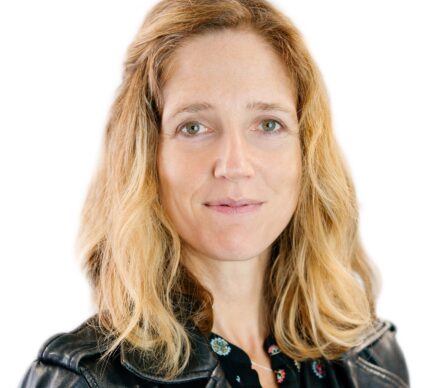Notions of belonging and how we can foster it have been high on the sector’s agenda for some time.
Recently, Ben Jackson and Tom Lowe wrote on what it means to become a student, and how we should be mindful to ensure that students are allowed to ‘become’ on their own terms and not try and cram the transition to student into an intense week of orientation.
We must put aside our preconceptions about what belonging (and becoming) mean. We must be willing to move beyond simply creating solutions for the students we were and instead consider the students of today. If we want to understand what it means to belong we need to listen to the students as – with the student population being increasingly heterogenous – conventional notions of what it means to belong to a university diverge.
There are the international students:
I’d become resigned to spending three years at university with no friends. Most of the students I met seemed to be only interested in going out partying, in living the university dream. When I told people I wasn’t interested in drinking and going to clubs I could feel the shutters coming down.
There are mature students:
I felt out of place, like I didn’t belong. After all, my son is the same age as these students. I was struggling to make sense of it all: where I had been, where it was I wanted to go and how I was going to go about getting there.
There are students from racialised groups:
It wasn’t until I’d done the Grit programme that I realised how much I’d been longing to belong. Sure, I had connected with other students but that was only on the basis of being at the same institution. It was all very one dimensional.
Belonging is a process, not a state.
Jackson and Lowe talk about identity, about the shedding of the old and discovering the new. But, conversely, the identity of universities is rooted in an ancestry of sameness. This makes it harder for those that are ‘different’ to approach belonging in an authentic way. It can be easy to confuse approval and fitting – adopting characteristics, behaviours and judgements that are not authentically yours – with belonging somewhere.
As a student on one of our programmes told us,
It was such a huge release to be speaking thoughts and ideas that I’d been suppressing since school – sharing my story with no filter; genuinely empowered to be completely honest with myself and with everyone else in the room.
Belonging is rooted in lived experience and identity.
First, you have to realise where you come from, how you see yourself and how you vision yourself in the future. At this point, it is obvious what groups you belong to. As Owen Eastwood describes it, it is understanding your origin story. This is one of the things we do at Grit: we look at how you accept who you are: acknowledge your strengths, the areas you need to work on, what you value, and the qualities you’d like to bring to relationships.
As a student on one of our programmes says, “I realised the value of my own upbringing, my heritage, my culture. I realised it is not something to be left behind or discarded. I’ve got new ways of thinking about myself. I’ve got this inner strength from the programme. It’s made me feel like I’m finally claiming my identity. It has made me feel whole.
And then we do it collectively, as a group. And what emerges is a community of students who realise that there are many, many other students in the same situation – and this generates powerful connections. As a one of our participants explains,
Hearing people share their stories, I realised that pretty much everyone seemed to be doing much better than they actually were. People on different courses, people from all over the university, we were all going through the same experience. It wasn’t just me!
Rituals are important
We are not suggesting doing away with things like Freshers Week. But we are suggesting a re-orientation so that it becomes, as Jackson and Low say, a place to “Allow students to come as they are, and value and validate the experiences and knowledge that they bring with them.” Perhaps it should be re-modelled to be a time when students are enabled within a safe space to share the story of who they are and who they are becoming, a place where they hear:
- That they are valued: for example, that their A-levels demonstrate their right, their ability to be at this university; what it is the university thinks they will bring to the university community;
- A celebration of the stories of their peers with all their richness and variety;
- A new origin story of the university: yes, the traditions, but also the journey the university is on, the beliefs, the drivers and vision the university has for its future self and its students in all their diversity.
And this is crucial to aspirations around fostering social mobility. It’s not about levelling ‘up’, or conforming to a pre-existing set of aspirations and expectations. It is about creating opportunities to shape the playing field itself.
As students become in new ways they continue to shape how belonging looks for the next generation of students, an evolving, multi-faceted and inclusive experience so all students can thrive as individuals, and one that reflects the generations of today and tomorrow rather than the traditions of yesterday.














Thanks Ellie and Jon, your point about the university heritage/traditionals that students have to fit with (or not) is really improtant. We need our University story to be infused with our values and vision now, not be trying to fit students in to an idealised and partly imagined past. We also need students to be engaged in shaping what the university is and becomes- their part in our journey as changemakers.